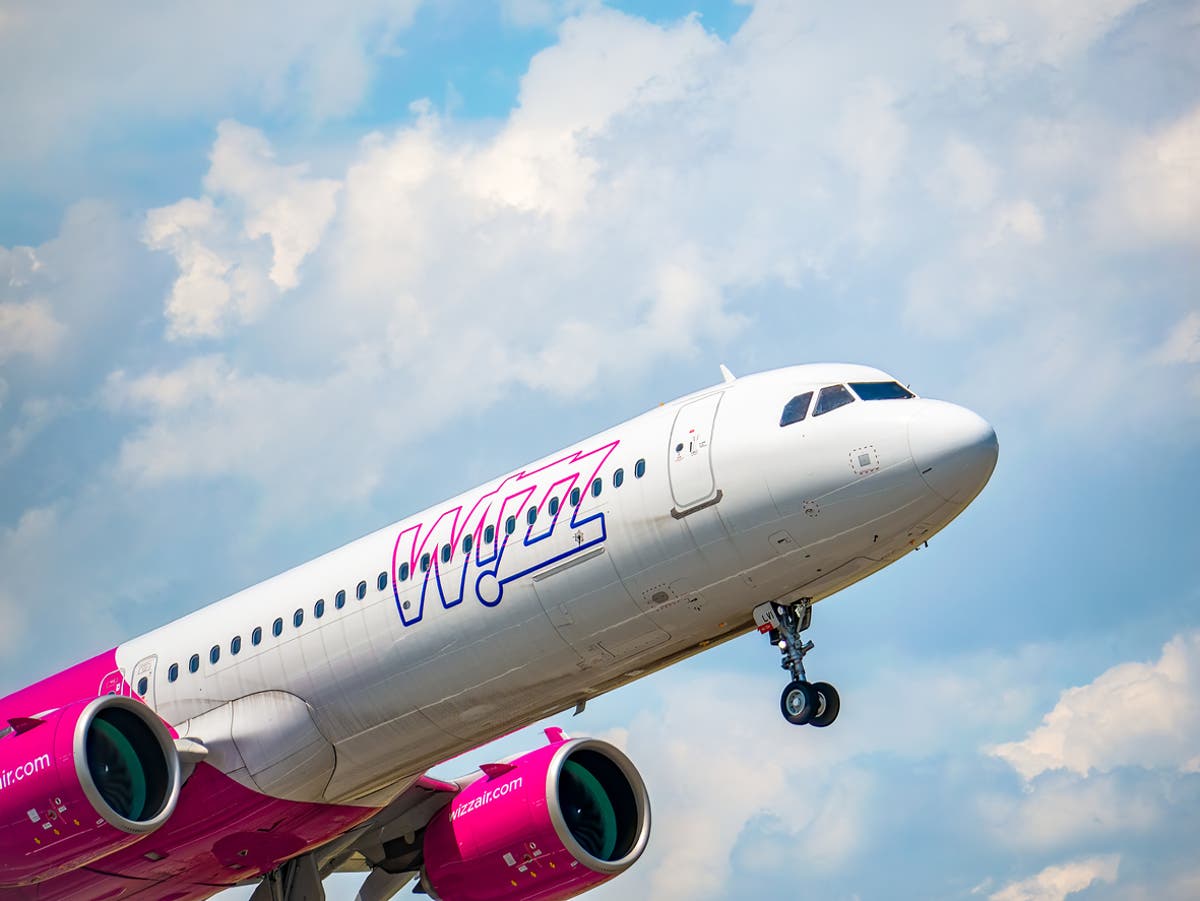Trains strikes expected to drag on through the summer, says rail union boss
Exclusive: Aslef’s Mick Whelan has called the walk-outs ‘government-led’, ‘government-driven’ and ‘government-organised’

Sign up to Simon Calder’s free travel email for expert advice and money-saving discounts
Get Simon Calder’s Travel email
Mick Whelan, general secretary of Aslef, has said he expects rail strikes to continue through the summer.
Speaking exclusively to The Independent ahead of the next wave of national rail walk-outs, the leader of the train drivers’ union put the blame for the seemingly intractable dispute squarely on ministers.
When asked whether train strikes could drag on through the summer, Mr Whelan said: “I believe so. These are government-led strikes, government-driven strikes, government-organised strikes.
“Ever since Mr Harper [transport secretary Mark Harper] and Mr Merriman [rail minister Huw Merriman] have taken over facilitating the talks, I don’t think there’s been anything done in good faith.”
Last week Aslef announced strikes at more than a dozen train operators on 12 and 31 May as well as 3 June. The first day is the eve of the Eurovision Song Contest final in Liverpool, and the last day will hit fans of Manchester City and United attending the FA Cup final at Wembley.
Avanti West Coast, which connects Liverpool and Manchester on the West Coast main line, confirmed on Wednesday that it will run no trains on any of the train drivers’ strike days.
In addition, the RMT union is staging a one-day walk-out on Saturday 13 May, the day of the Eurovision final. Avanti said: “Fewer trains will run, first trains will start later, and last trains will stop earlier.”
The transport secretary described the actions around the Eurovision event as “very damaging” – which Mr Whelan rejected.
The Aslef boss said: “Quite simply after four years, we want a simple pay rise, but we’re not going to give up every term and condition – everything that takes 140 years to gain – for nothing.”
The train operators have offered 4 per cent for each of 2022 and 2023, contingent on accepting changes in working practices.
Mr Whelan said: “The second 4 per cent was based on things that we said we couldn’t put a value on.
“If you leave us in our free collective bargaining to deal with our employers, maybe we’d be in a better position. But we are hamstrung by the dead hand of government as we have been for the last two years.”
But the government said that the current transport secretary and rail minister have “positively changed the tone” on talks compared with the previous incumbents.
A spokesperson for the Department for Transport (DfT) called Mr Whelan’s assertions “completely false”.
They said: “Since coming into office the secretary of state and the rail minister have positively changed the tone and facilitated negotiations, including meeting Mick Whelan on a number of occasions. It has always been the role of industry to negotiate with unions.
“In terms of pay, train drivers’ national average wage has increased by 39 per cent since 2011, compared to the national average of 23 per cent and the very fair pay offer would have seen their already well above average salaries increase from £60,055 to £65,000 by the end of the year.”
A spokesperson for the Rail Delivery Group (RDG), representing train operators, said: “We have always said that we want to give our people a pay rise, but the only way to afford it is by bringing in long overdue, common-sense reforms that would improve services and punctuality for our passengers.
“In most cases, these simply extend best practice already in place in parts of the network.
“To move forward, we need the Aslef leadership to recognise that the way people use the railway has changed for good, and work with us to adapt so we can secure the long-term future of an industry vital to our people and the UK’s economy.”
Taxpayers are currently paying an additional £250,000 per hour to keep the railway running compared with pre-Covid subsidies, according to RMT figures.

 Kass
Kass 






























